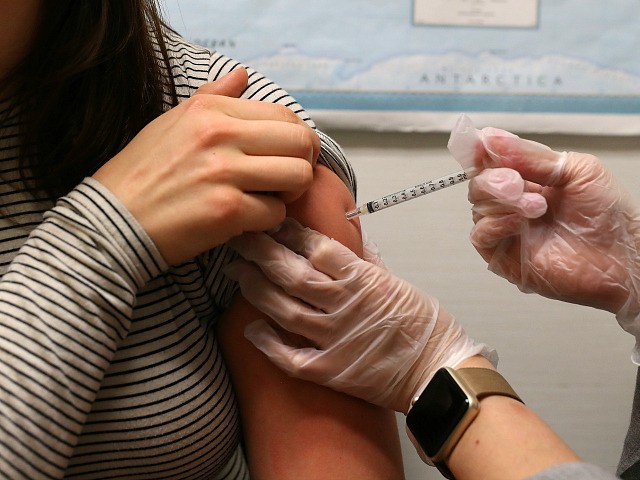Thousands in South Korea were injected with compromised flu vaccines in recent weeks, Korea’s Disease Control and Prevention Agency (KDCA) admitted on Sunday.
Some doses of the vaccine, which requires refrigeration, were reportedly exposed to room temperature while being transported to a medical facility, rendering them compromised.
KDCA said, “2,295 people have been injected with flu vaccines which may have been exposed to room temperature under a free annual vaccination drive.”
According to the South Korean newspaper Chosun Ilbo on Monday, the agency had earlier stated that “2,303 people had been mistakenly injected but corrected the number downwards as eight cases in Busan had been misidentified.”
Busan is a port city located in the country’s south, located just 31 miles from the Japanese island of Tsushima. It is also South Korea’s second-most populous city.
“Criticism of health authorities for poor management of the glitch is growing since they initially said nobody had been exposed to the compromised vaccines, but the numbers are snowballing to thousands,” according to the report.
The compromised injections have caused side effects in roughly a dozen people, who reported symptoms including “fatigue, fever, and diarrhea” to South Korean health authorities.
The South Korean government halted its program of free flu vaccinations on September 22 after the distribution of compromised vaccines was first discovered.
“I want to make it clear that the problem is not with the manufacturer’s vaccine production, rather it is an issue raised about the refrigerated temperature maintenance in the distribution process,” KDCA chief Jeong Eun-kyeong told reporters at the time.
The mishap has disrupted South Korea’s plans to release 20 percent more flu vaccines this winter season than last year to inoculate 30 million people against influenza. The effort was meant to pre-emptively ease the burden on South Korea’s healthcare system ahead of the winter flu season, as the system is already strained by ongoing coronavirus outbreaks.

COMMENTS
Please let us know if you're having issues with commenting.